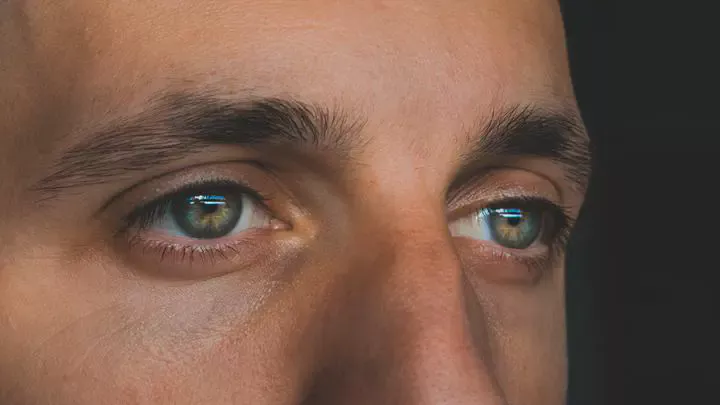4K HEVC Video Subjective Quality Database

Introduction
In the past two years, the standards of UHD parameters and HEVC have been approved sequentially by ITU. However, the subjective evaluation on ultra-high-definition video, such as 4K, stills in the preliminary stages for that the uncompressed 4K video data is short, let alone the 4K video quality database. 4K subjective video quality databases enable researchers to evaluate the performance of quality assessment algorithms focused on 4K video and contribute towards attaining the ultimate goal of objective quality metric - matching human perception. We release the first open 4K video subjective quality database in context of latest HEVC compression. Both original bitrates and MOS values are provided as follows.
Database Description
The SJTU 4K-HEVC Video Subjective Quality Database uses ten uncompressed high-quality videos with a wide variety of content as reference videos. Two of them, Coastguard and Mobile were from Elemental while the other 4K source videos were chose from our 4K video sequences dataset. A set of 60 distorted videos were created from these reference videos using HEVC software HM11.0. Six compressed videos for each source videos were selected by viewing compressed videos generated using a wide variety of bit rates. Each video in the SJTU 4K Subjective Video Quality Database was assessed by 42 human subjects in Double stimulus Impairment Scale ( DSIS ), variant II, with a continuous impairment scale. The mean and variance of the Mean Opinion Scores (MOS) obtained from the subjective video quality assessment, along with the HEVC bitstreams, are available as part of the database. More detailed information can be found at our paper( Y. Zhu, Li Song, R. Xie, W. Zhang, “SJTU 4K Video Subjective Quality Database for Content Adaptive Bit Rate Estimation without Encoding,” IEEE international workshop on Broadband Multimedia Systems and Broadcasting (BMSB2015), Jun.1-3, 2016, Nara, Japan.)
Download
The SJTU 4K-HEVC Video Subjective Quality Database, including both subjective scores and HEVC bitstreams, are available to the research community free of charge. Please cite our work in any published work if you use this database in your research. The database can be downloaded from our File Share or Dropbox. Contact Admin Donghui Feng for any questions.
- HEVC bitstreams (512MB)
- Subjective scores (351kB)